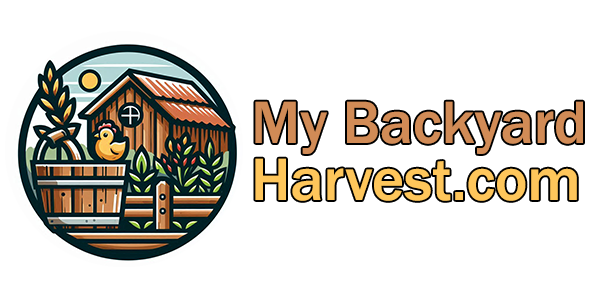How do I manage waste on a homestead?
Introduction
Homesteading has become increasingly popular in recent years, as more people seek to live a sustainable and self-sufficient lifestyle. However, with the benefits of homesteading come the challenges of managing waste in an eco-friendly and responsible manner. In this blog post, we will explore the various strategies for managing waste on a homestead, including composting, recycling, and alternative waste management methods. Whether you're a beginner homesteader or an experienced one, this post will provide valuable insights and tips for reducing waste and promoting sustainability on your homestead.
On our website, we are committed to providing valuable resources and newsletters to help homesteaders of all backgrounds achieve their goals. By subscribing to our website, you'll gain access to expert advice, informative articles, and exclusive offers that will help you on your homesteading journey. So, let's dive into the world of waste management on a homestead and discover how we can live more sustainably and responsibly.
How do I manage waste on a homestead?
When it comes to homesteading, waste management is an important aspect of maintaining a sustainable lifestyle. As a homesteader, you generate various types of wastes, including organic matter, food scraps, animal manure, and household waste. Proper management of these wastes is crucial not only for environmental reasons but also for improving the efficiency and productivity of your farm or homestead.
To effectively manage waste on a homestead, it's important to understand the different types of waste that are generated. Organic matter, such as plant debris and animal manure, can be composted to create nutrient-rich soil for your garden. Food scraps can also be composted, but should be separated from animal products to avoid attracting pests. Household waste, such as plastic, metal, and glass, can be recycled or repurposed to reduce landfill waste.
In addition to reducing waste, proper waste management on a homestead can also help prevent contamination of soil and water sources. For example, animal manure should be properly stored and managed to prevent runoff into nearby waterways.
By understanding the various types of waste generated on a homestead and the importance of proper waste management, homesteaders can take steps to reduce their environmental impact, improve the health of their land, and save money on waste disposal fees.
Subscribe for the latest updates and Guidance
Quick Links
Latest Posts
10 Essential Homesteading Skills Every Beginner Should Learn
on May 14, 2024
A Beginner's Guide to Vegetable DIY Raised Garden Beds.
on July 14, 2024
DIY | How to Build Own Backyard Chicken Coop: Complete Step-by-Step Guide
on July 16 2024
Created with © Survival Insights

